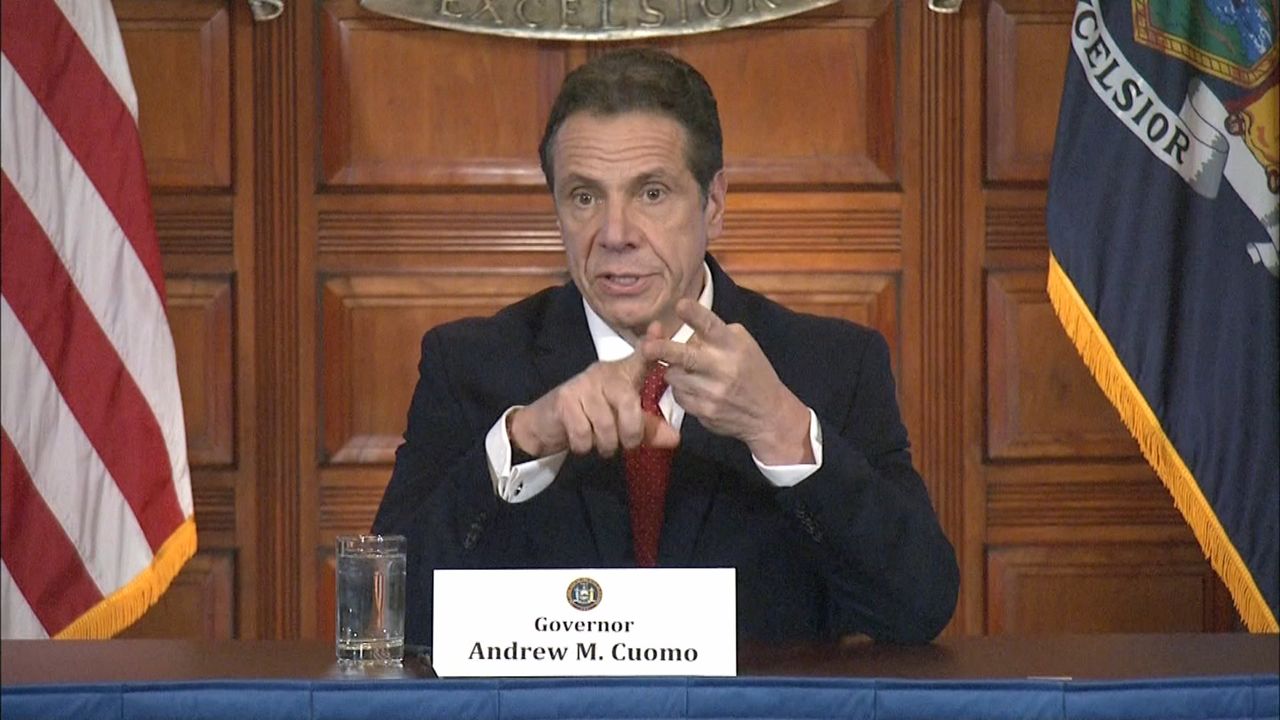Governor Andrew Cuomo on Saturday issued an emergency declaration for the state of New York to better prepare for and respond to the spread of novel coronavirus in the state — which now stands at 89 confirmed cases.
The move is largely a bureaucratic one: It will help state officials cut through regulations already in place to better move resources and equipment to better respond. Here is a Q and A on what the move means.
1. How unusual is this?
Cuomo can, and often does, declare an emergency during storms, floods, and other natural disasters to better free up resources, allow steps to be taken by state commissions on an expedited fashion, and free up federal aid to come to the state. In short, declaring an emergency is not an unusual step taken by state officials when broad-based problems arise that need a lot of money and people to be mobilized.
The declaration comes after lawmakers on Monday approved a $40 million measure — which added the spread of a virus like COVID-19 to the list of potential disasters Cuomo has authority over to respond to. It allows him to suspend any local law, regulation, or ordinance if it is deemed to be blocking efforts to respond to the spread of the virus, and the emergency declaration reflects that.
2. What does this mean for testing for the novel coronavirus?
The emergency declaration will make it easier for the state to test for coronavirus. It allows unlicensed people, after completing training backed by the state health commissioner, to collect throat or nasopharyngeal swab specimens of people who are suspected of being infected with the virus.
3. What does this mean for equipment purchasing?
The state has a lot of procedures for buying things. There are rules and regulations state agencies and departments have to go through before they can buy something. The emergency declaration allows the state to enter into contracts for services or equipment deemed necessary to respond to the spread of coronavirus outside of those established procedures. There is also a provision in the order that makes it easier to buy food and undertake construction to aid local governments in responding.
4. Are schools affected by this order?
Yes. The order will make it easier for schools to purchase cleaning and maintenance supplies. Some schools in New York state where people who have tested positive, including a Jewish day school and Yeshiva University, closed in the past week to prevent further spread of the virus.
5. What does this mean for the state bureaucracy?
There's a little known panel called the State Emergency Medical Services Council and the Public Health and Planning Council, which are composed of emergency medical officials and public health officials from around the state. The order signed Saturday by Cuomo allows these panels to meet, without a quorum or permit, in-person and provides access to the meetings as long as a webcast of the proceedings is made available.



